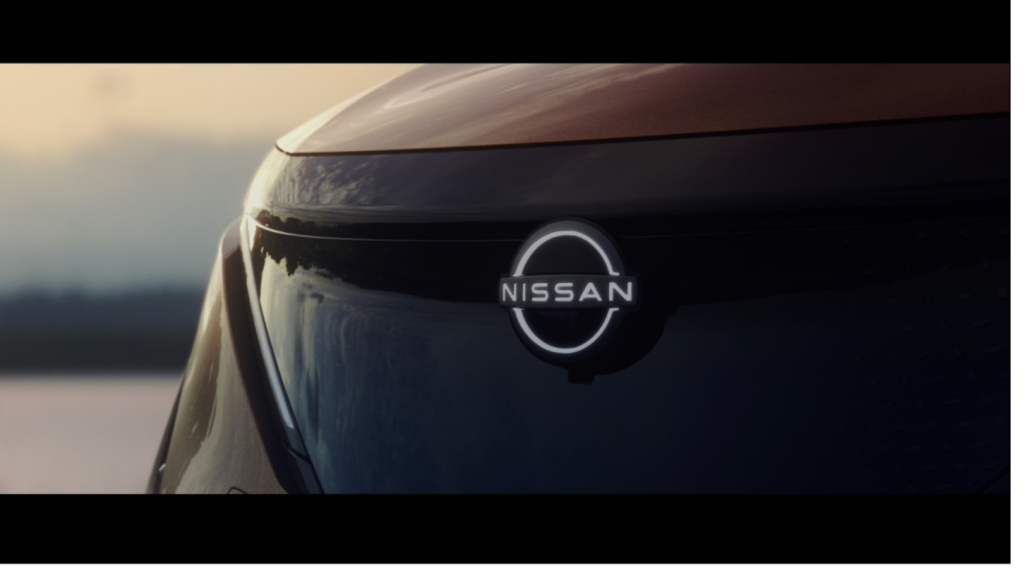Introduction: A Troubling Trend in Corporate America
In recent years, the automotive industry has grappled with the balance between corporate responsibility and public perception. The latest move by Nissan, a prominent Japanese automaker, has sparked debate as it signals a retreat from its previously staunch support for diversity, equity, and inclusion (DEI) initiatives. Faced with the backlash from conservative groups, Nissan has chosen to revise its commitment to these vital programs, echoing a concerning trend among other major companies.
Corporate Backlash: Listening to Detractors
Nissan’s American division has come under scrutiny following inquiries from its workforce and feedback from external sources, described pejoratively as “internet Chuds.” In a recent letter to employees, outgoing chairman Jeremie Papin announced pivotal changes to their diversity programs. No longer will Nissan America engage in external surveys or collaborations with organizations that prioritize political activism, marking a stark contrast to their previously vocal support for DEI initiatives.
This reversal suggests a decisive turn away from the principles that once defined the company’s commitment to fostering an inclusive environment. It raises questions about the potential impact on the workplace culture, especially for marginalized employees who benefitted from the support of DEI policies.

A History of Inclusion: Nissan’s Previous Commitment to Diversity
In 2023, Nissan celebrated its commitment to DEI, proudly participating in the Human Rights Campaign’s Corporate Equality Index to assess support for LGBTQ employees. Papin had stated his pride in Nissan’s pronounced focus on inclusivity, noting that “Nissan Americas’ DEI efforts bolster our heritage of always daring to do what others do not.” This progressive stance extended beyond mere compliance; it reflected a foundational belief in equity and fairness within the workplace.
Chandra Vasser, Nissan’s chief DEI officer, reinforced this sentiment, asserting that DEI principles were instrumental from the moment an employee joined the organization. The company’s diversity report highlighted extensive benefits and support systems for LGBTQ individuals, underpinning a robust commitment to fostering an inclusive and welcoming corporate culture.
The Ripple Effects: Implications for Employees and Industry
The decision to retract from these essential DEI commitments raises profound implications. Employees may now face an uncertain climate regarding their identity and beliefs within the corporate structure. The motivation behind these changes seems to be a response to a vocal minority that perceives equitable practices as unfair or preferential treatment—an unfortunate misconception that undermines efforts toward true inclusivity.
This shift is not an isolated incident; Nissan joins a host of other companies, including Ford, Harley-Davidson, and Toyota, that have also recalibrated their DEI strategies, often in response to similar pressure. As public sentiment shifts, so too does corporate policy, reflecting a troubling reality where the voices of the few can overshadow the needs of the many.
Conclusion: The Path Forward for Nissan
As Nissan charts this new course, the future remains to be seen. Will they sustain the positive advancements previously made, or will their wavering stance further alienate individuals seeking acceptance and equality within the workplace? The journey of corporate America is one fraught with challenges, and Nissan’s recent decisions serve as a reminder of the delicate balance between societal expectations and ethical business practices.
In closing, the automotive industry must heed this lesson: inclusion and diversity are not just policies; they are essential components of a thriving business that values every employee’s contribution. Nissan’s retreat may indeed provide a cautionary tale for others in the industry, as the pursuit of progress becomes increasingly entwined with the complexities of public advocacy and internal values.


































Discussion about this post